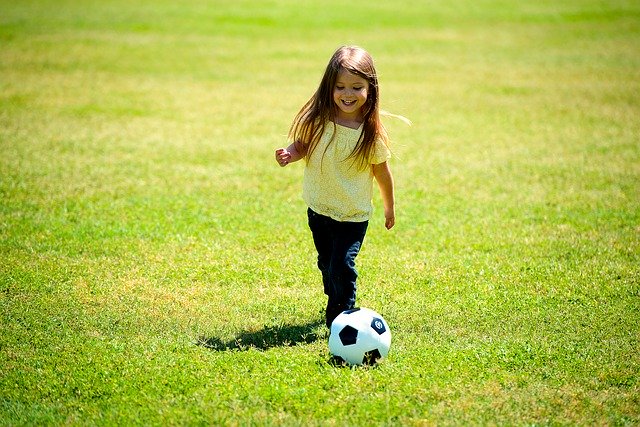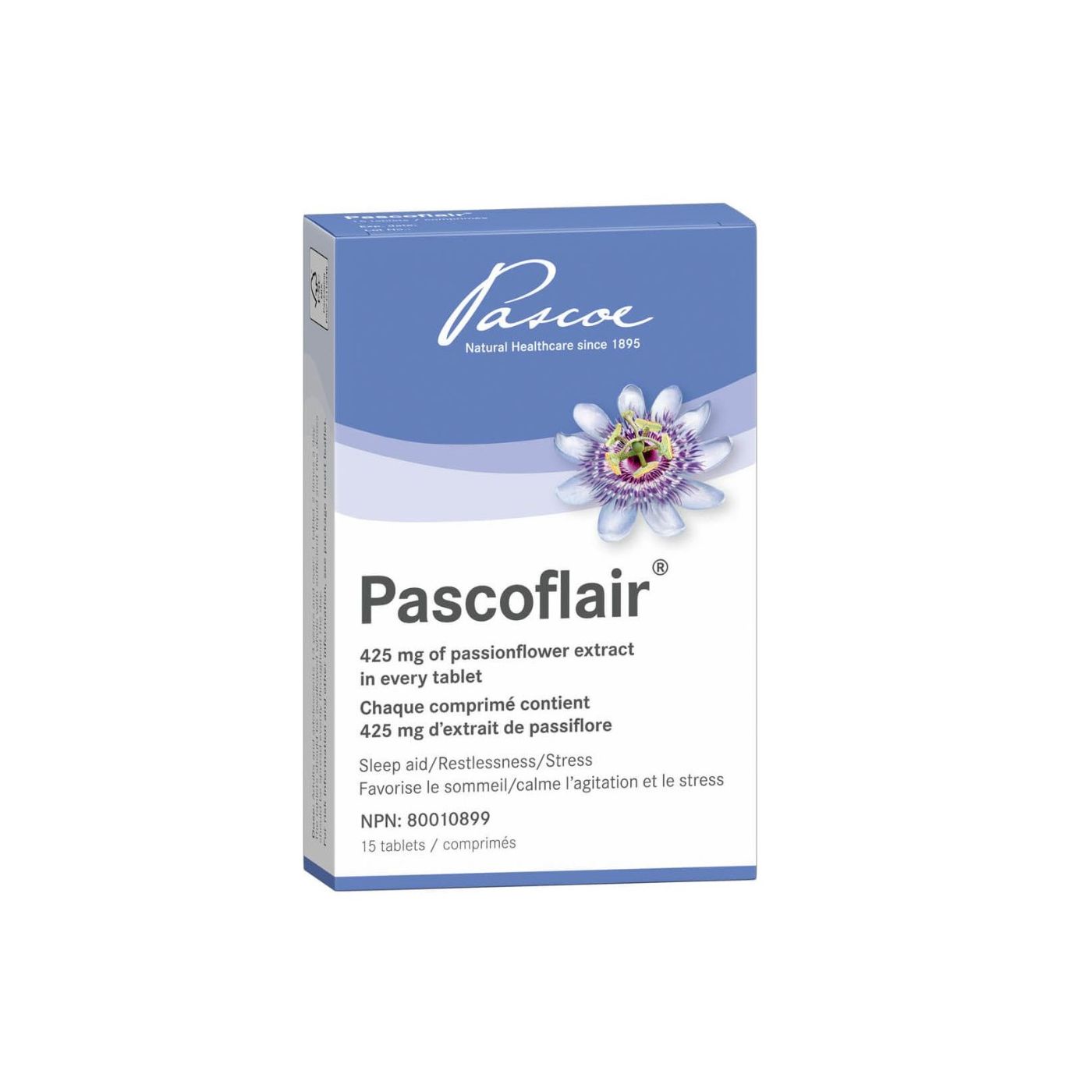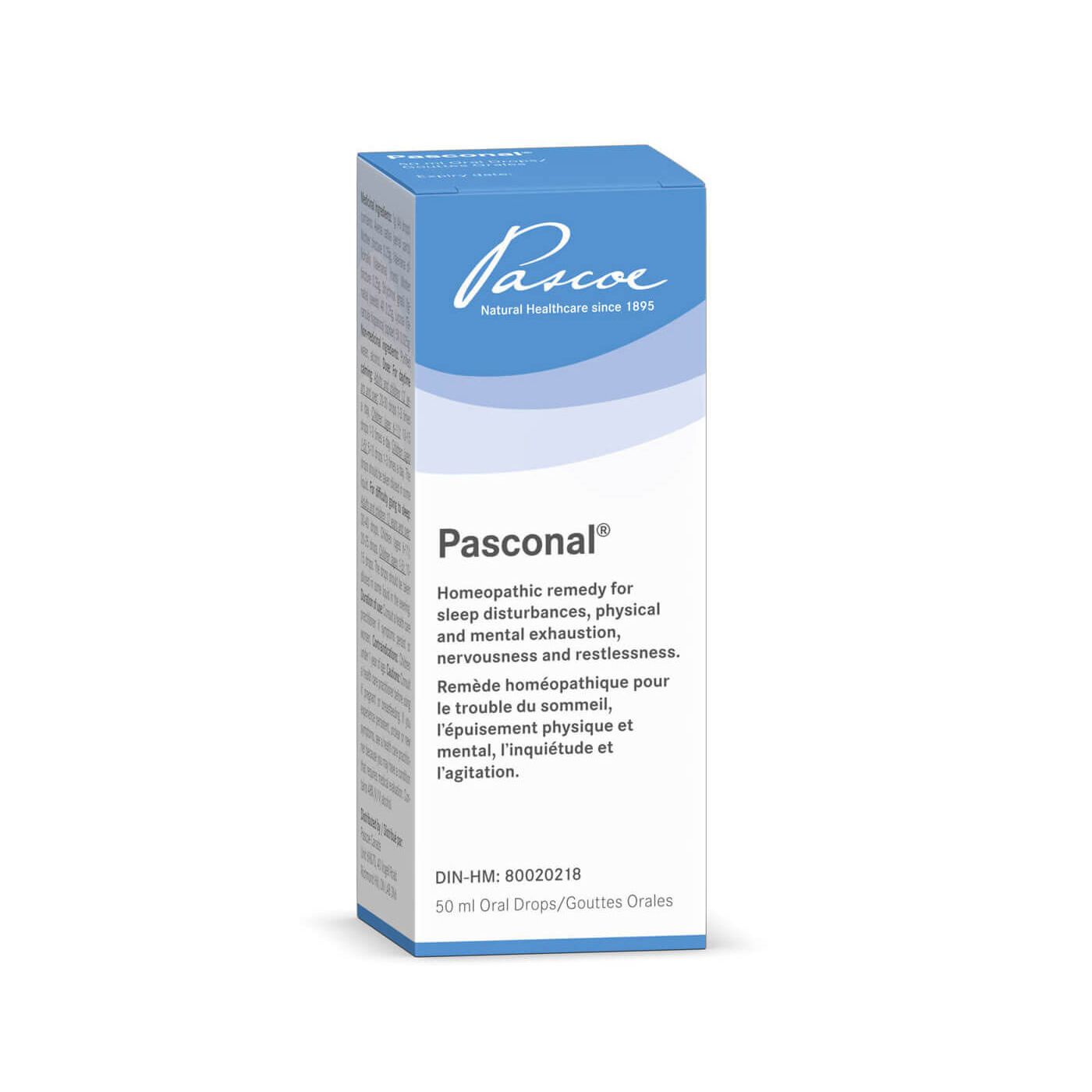Parenting Children with ADHD
Helping your child with ADHD learn to positively channel their energy, bring greater calm to family life, and overcome day-to-day behavioral changes requires parents to wear many hats.
Parents are all hands on deck all the time. There's little personal spare time and since the worldwide onset of the COVID-19 pandemic, the luxury of taking a few precious moments to yourself seems like a fond but distant memory. Adding to the daily challenges of the pandemic is parenting and caring for children with attention deficit hyperactivity disorder (ADHD).
Attention Deficit Hyperactivity Disorder
It's no secret that the demands of parenting a child or teen is tough. As a parent, you set the stage for your child's development and emotional and physical health. This is why it is essential parents understand their child's diagnosis and ADHD symptoms. This will allow parents to develop parenting styles that help them learn to manage their youngsters medical condition and symptoms. ADHD stands for attention deficit hyperactivity disorder, a brain-based disorder. Individuals with attention deficit hyperactivity disorder has differences in brain activity and brain development. Their mental health affects their executive functions.


This includes attention, ability to stay quiet or sit still, and demonstrate self-control. Kids with attention deficit hyperactivity disorder show symptoms from one or more of the following categories:
- Inattentive: Individuals are easily distracted or inattentive. They have difficulty focusing or staying on task. Symptoms of inattention may also include not listening to directions and may not finish what they start. They may also miss important details. Inattention causes the person to be forgetful, daydream or make careless mistakes.
- Hyperactive: A hyperactive person is restless and easily bored. ADHD symptoms of hyperactivity also include fidgeting, having a hard time sitting still or remaining quiet. Without meaning to, their hyperactivity disrupts others. They may climb, jump, or roughhouse due to their hyperactivity.
- Impulsive: A symptom of ADHD is acting too quickly before thinking. Impulsive individuals often grab, push, and interrupt. They find it hard to wait their turn. Symptoms of impulsivity also include doing things without permission. It also includes engaging in risky behaviors, or taking things that are not theirs. Because of their impulsivity, the person may also display overly intense emotional reactions for situations.
All kids and teens struggle at times to listen and follow direction. However, those with attention-deficit/hyperactivity disorder struggle harder and more often. If their symptoms of inattention, hyperactivity, and impulsivity begin to affect them at school, home, and in friendships, it may be attention deficit hyperactivity disorder.
Tips for Parents
Parenting Tip #1 - Stay Positive
A calm, focused, and positive attitude is a parents best asset during child-rearing and the early years of child development. Parenting for many adults means not sweating the small stuff and letting things go. This parenting style means making compromises and keeping things in perspective. Define family rules, but allow for some flexibility. Remember, your child's actions and behaviors are related to symptoms of a mental health disorder. They are symptoms and they are not intentional. Believe in yourself and your child daily. Trust they are learning, maturing, changing, and succeeding.
Parenting #2 - Stay Healthy
As your kid's role model and care giver, a parents personal well-being has to be a priority. An overtired parent runs out of patience. Parents can't be expected to be 100 percent all the time. It's normal to become frustrated and overwhelmed. It is even more important for parents and single parents to schedule alone time. Parenting is about using your support systems.


Talking to other parents, your child's doctors, therapists and teachers. Seeking parental support in parenting programs or advice from organized groups for parents of children with ADHD symptoms. Accept your family and friends offers to babysit. Practice healthy eating habits, go out and exercise, and reduce your stress to look after your own mental health.
Parenting #3 - Establish Structure
Predictable parental patterns will be your best friend during parenthood. A structured family home for young children with attention-deficit/hyperactivity disorder will help them stay focused and organized. Use clocks and timers to establish simple routine expectations for homework, play, meals and bed time. Try and stay organized as best as possible, and make sure your kid knows everything has its place. Leading by example nurtures a positive learning environment.
Parenting #4 - Advocate Movement and Rest
It goes without saying that toddlers, kids, and teens have energy to burn. For kids with attention deficit disorder, idle time may worsen their symptoms. An organized sport or any physical activity that your adolescent enjoys and suits their strengths will help them develop self-esteem and use their energy in a healthy way. The benefits of movement are endless: it promotes brain growth, improves concentration, and decreases depression. Movement also leads to better sleep. Parents should try to reduce screen time and not to rely on television or video games when they are "bored". Electronics encourage symptoms such as impulsive behavior which is why parents should encourage movement to cope with symptoms. It is also a great outlet for built-up energy and good health.
Parenting #5 - Practice Behavior Management Therapy


Many parents with or without attention-deficit/hyperactivity disorder children and infants practice behavioral therapy. Behavior therapy is a parenting practice that rests on two principles. The first is to encourage and reward good behavior. The second principal of behaviour therapy is to remove rewards when there is bad behavior. This parenting advice helps your family learn that actions have consequences and rules are to be followed. For children with symptoms of hyperactivity-impulsivity, this also encourages them to consider and control their impulses before acting on it. This parenting style is not only applied when the child is at home with family, but also at school and in the social arena. Long-term consistency for hyperactive-impulsive kids is key!
Treatment for Attention Deficit Hyperactivity Disorder
It is recommended by the American Academy of Pediatrics that the first line of treatment for infants, toddlers, and children with ADHD younger than 6 years old is behaviour management. Good treatment plans offer support for the youth as well as the parents, the family members, and school. For children above the age of 6 or those with adult ADHD, age appropriate ADHD medication can be used in combination with therapy. FDA-approved medications to treat hyperactivity disorder includes stimulants and non-stimulants, such as Strattera or Wellbutrin. Stimulant medications, such as Adderall or amphetamine, are the best-known and most widely used. Evidence-based studies have shown that between 70-80% of children with attention-deficit/hyperactivity disorder have fewer symptoms. As with many mental disorders, health professionals prescribing medications may need to try different medications and doses. This will help to find the right balance between benefits and side effects.
There Are Natural Options!
The CDC statistical manual has revealed that the diagnosis of ADHD in children and adult ADHD has increased by 41% between 2003 and 2011. This also means that the prescription of medication for symptoms of attention deficit disorder has skyrocketed in recent decades. While medications for attention deficit are a useful tool, the serious potential side effects are hard to ignore. Adverse effects may include appetite loss, mood swings, sleep disorders, heart problems, and suicidal thoughts.
Long-term treatment and care of attention-deficit/hyperactivity disorder using natural health supplements has gained attention:
- Omega-3 fatty acids: often found in fish oil, this supplement supports healthy brain and nerve cell function.
- French Maritime pine bark extract: a plant-based herbal remedy that may increase visual-motor coordination. The herbal medicine may also reduce hyperactivity and inattentiveness.
- Bacopa: Studies have suggested the plant may reduce restlessness and improve self-control
- Lavendar: A study published in 2014 suggested that the essential oil can improve sleep.
- Rosemary: a study published in 2012 found that exposure to the aroma of rosemary oil improved peoples scores for speed and accuracy in thinking activites.
- Passionflower: a perennial flower that has been used to treat insomnia and anxiety. A clinical study performed in 2005 found that the effects of passionflower were comparable to a Ritalin for the treatment of ADHD.
- Pasconal®: a homeopathic combination made with Avena Sative, Valeriana, Ignatia, and Tarantula. An observational study published in 2011 found that Pasconal® has positive effects to relieve sleep disturbances, physical and mental exhaustion, nervousness and restlessness.
Always consult your healthcare provider before using any medications or natural remedies. Be sure to read and follow the label during pregnancy or if you are breastfeeding. Pasconal®: a homeopathic combination made with Avena Sative, Valeriana, Ignatia, and Tarantula. An observational study published in 2011 found that Pasconal® has positive effects to relieve sleep disturbances, physical and mental exhaustion, nervousness and restlessness.




